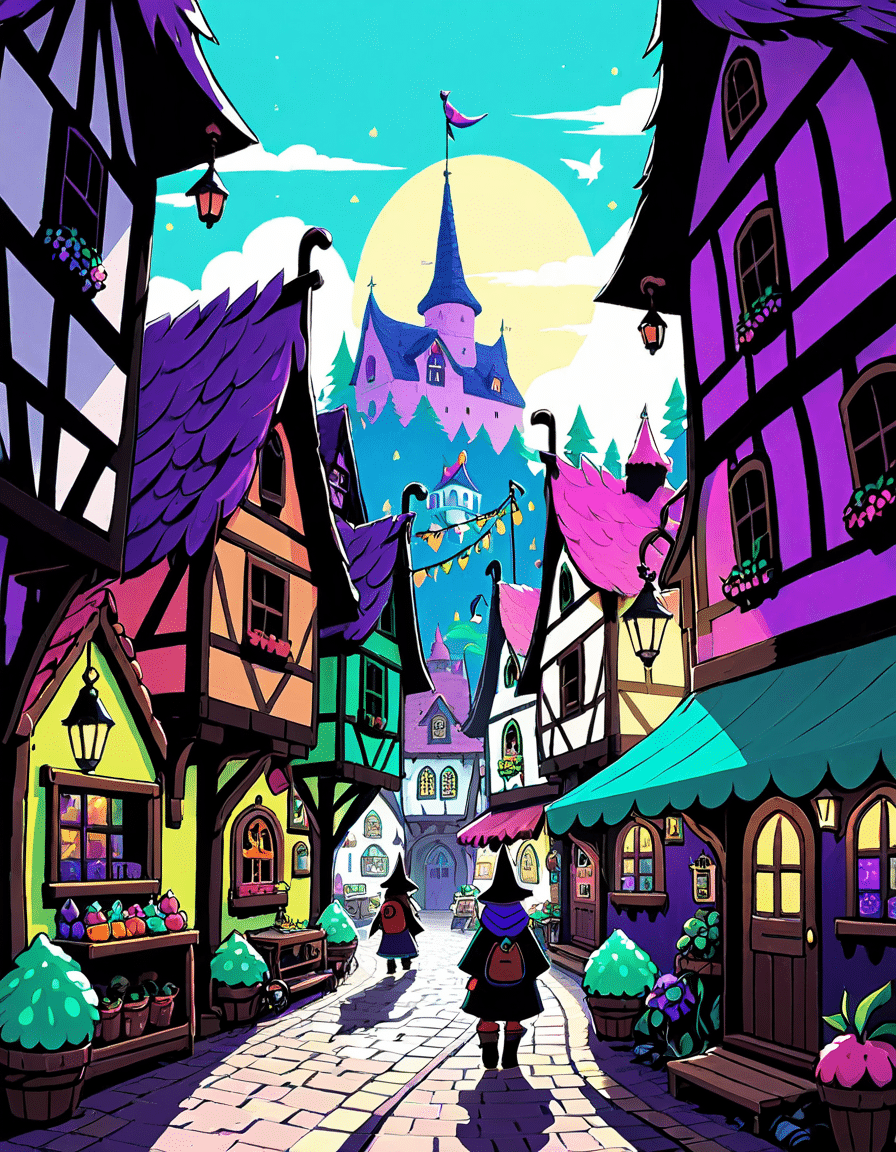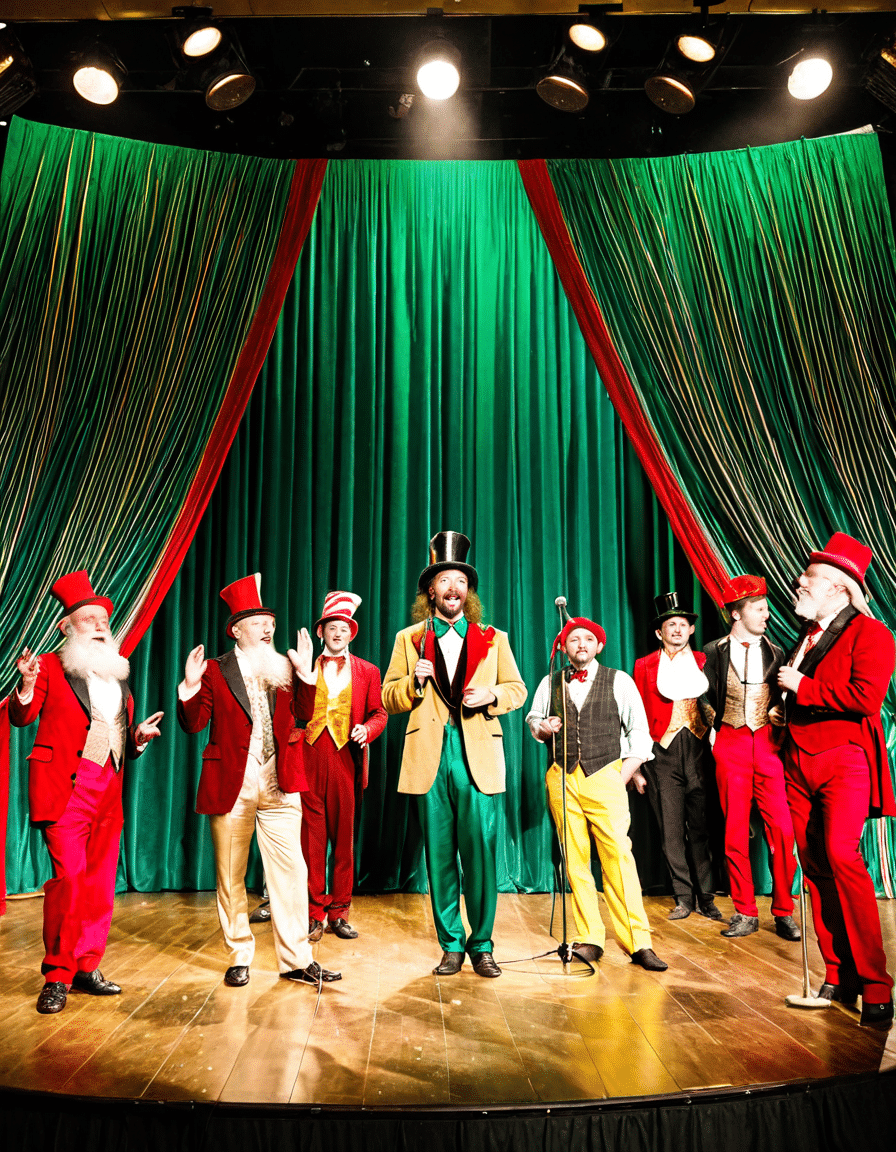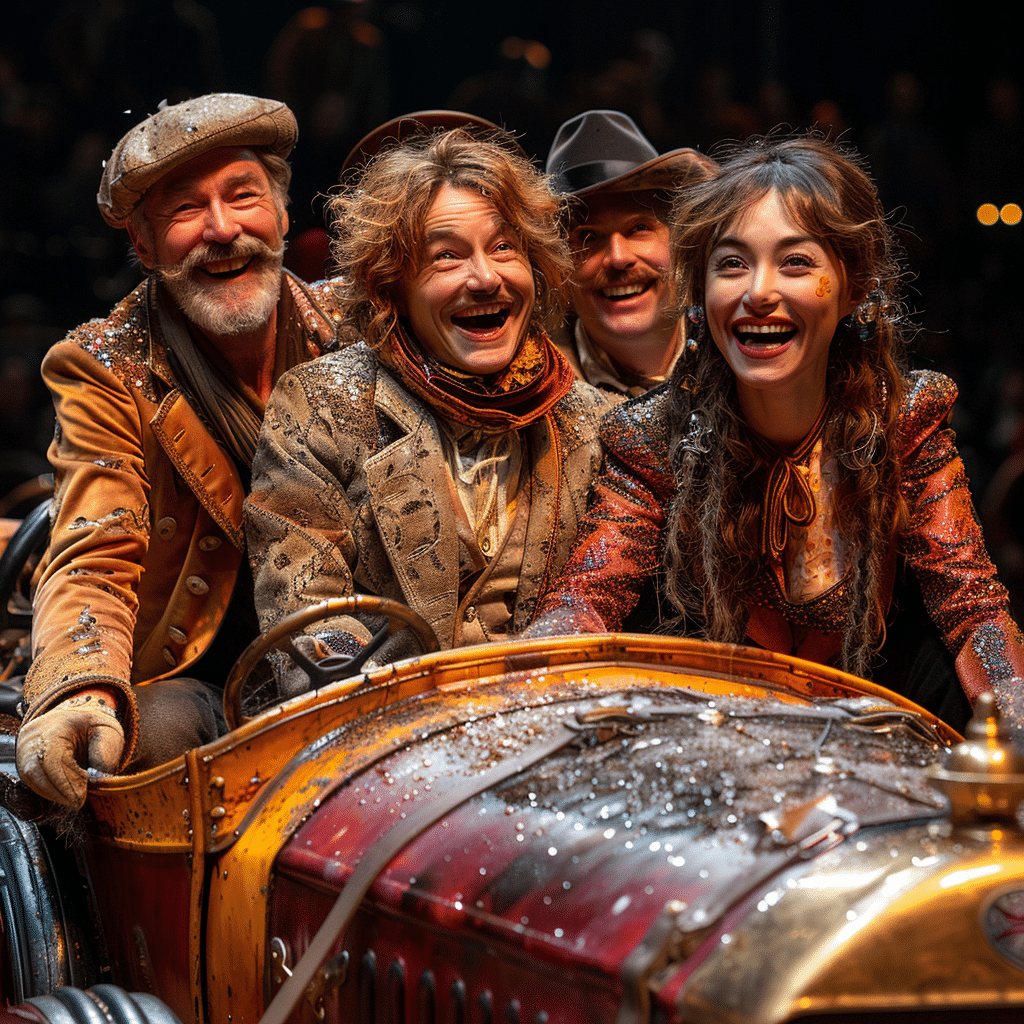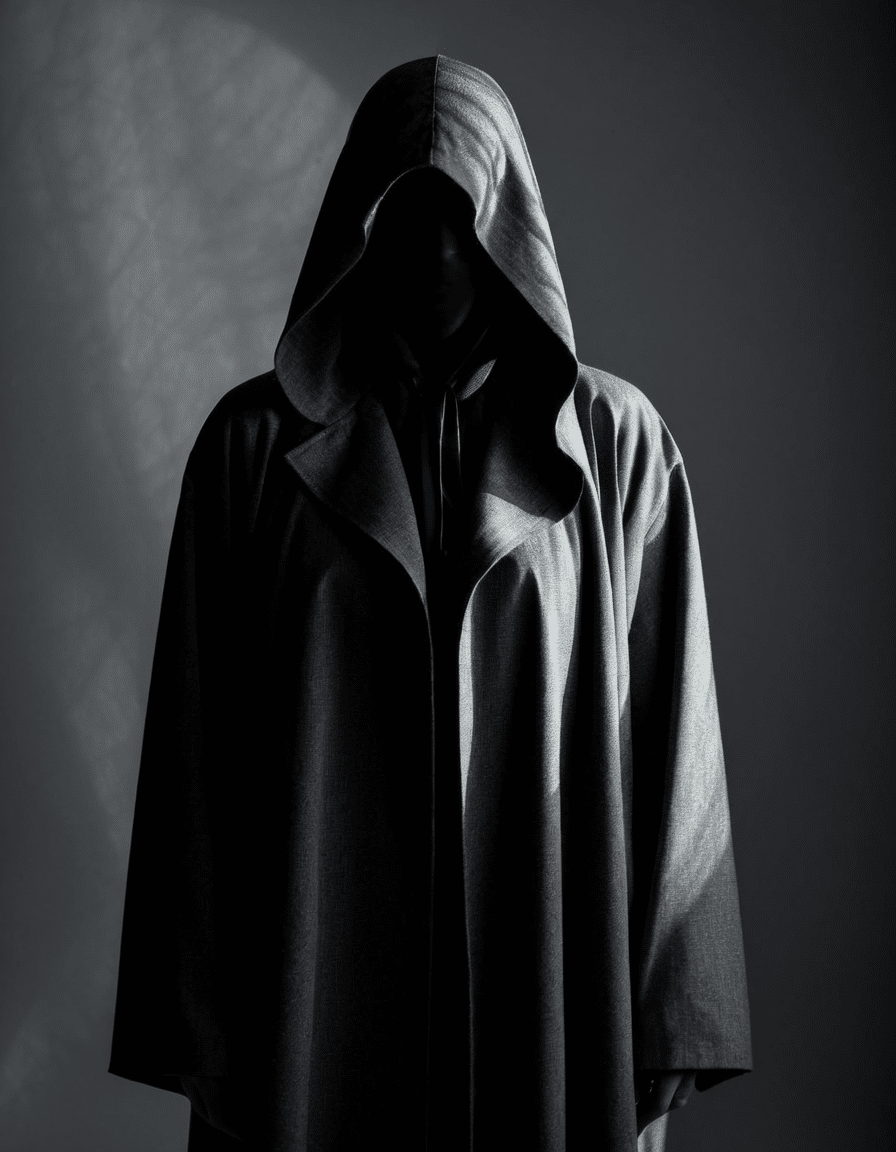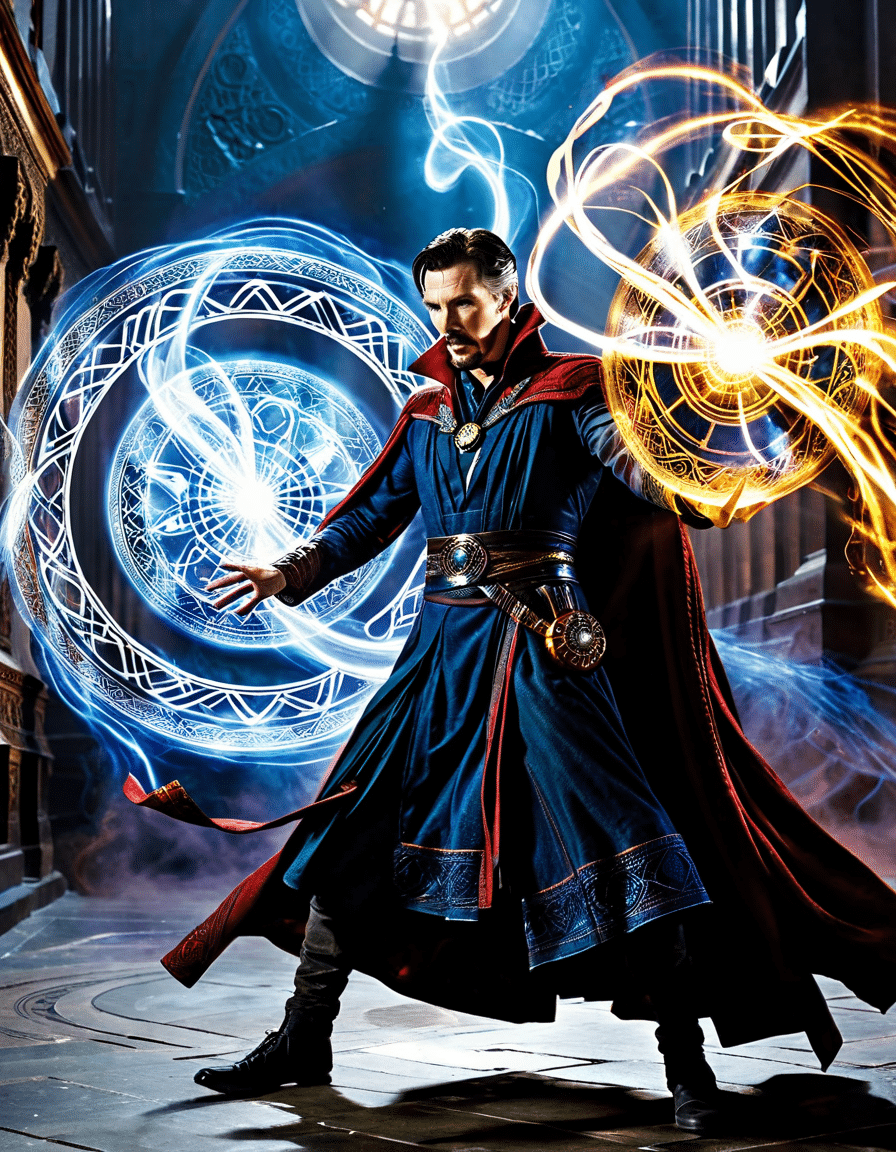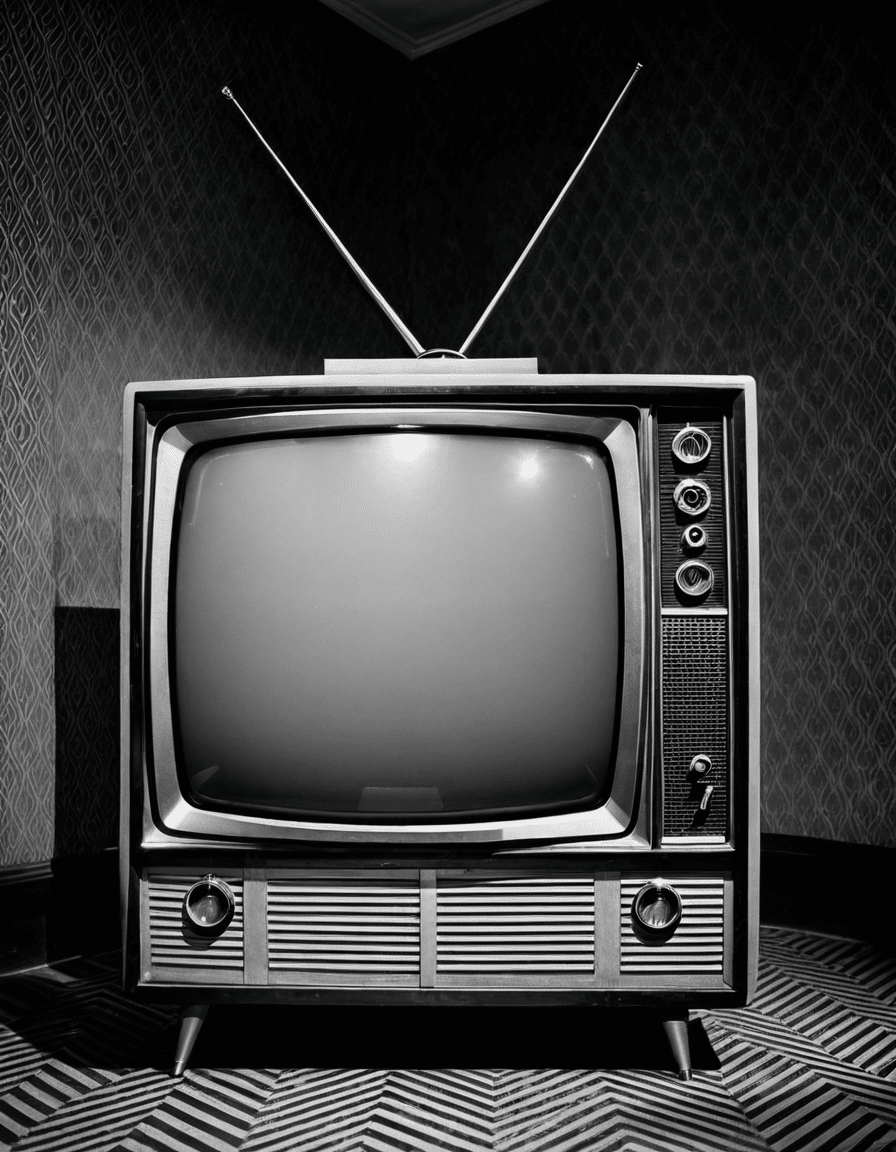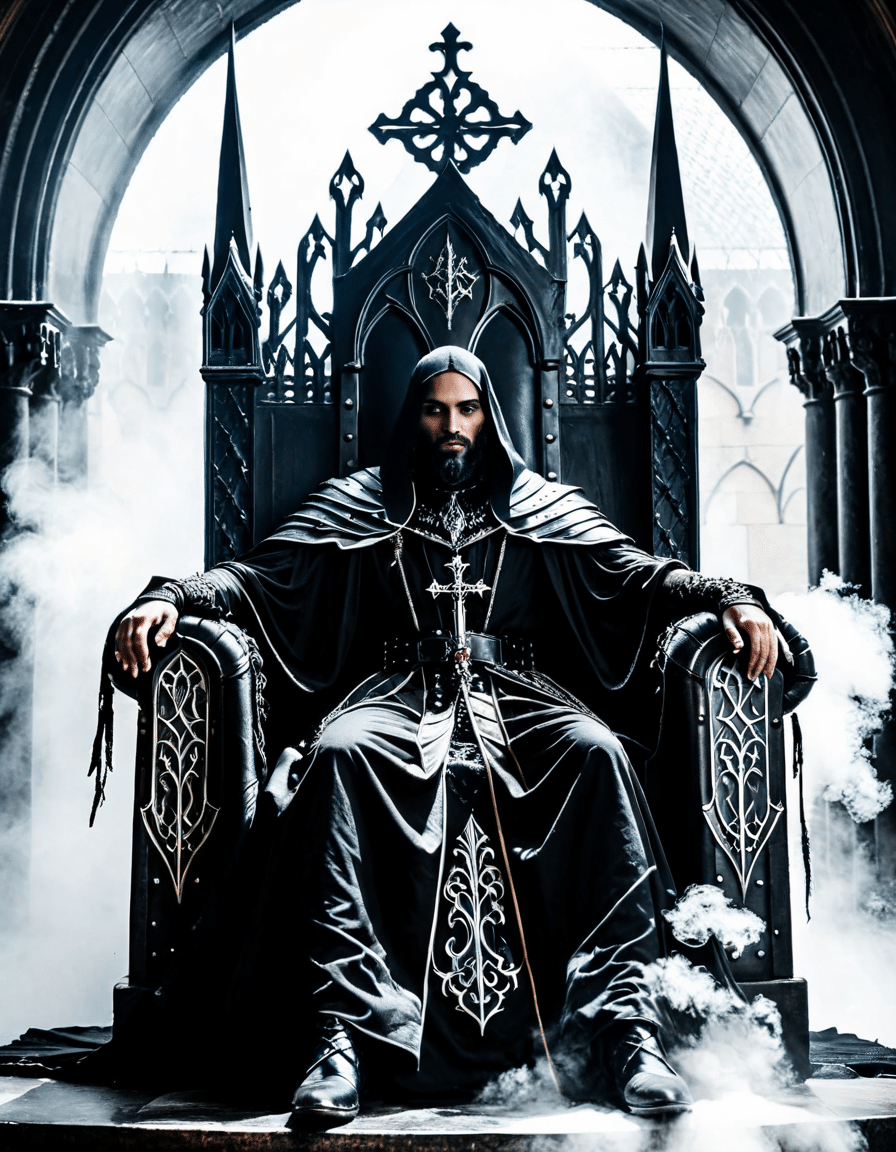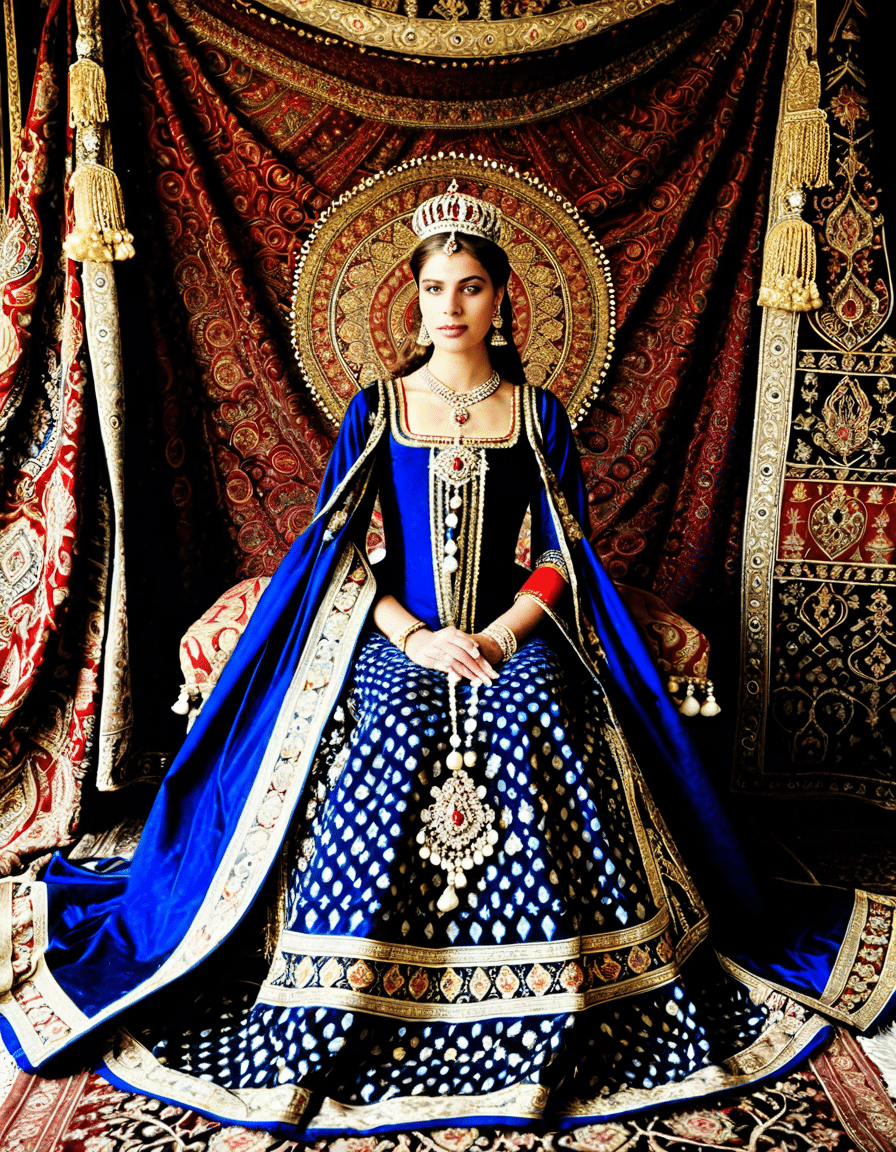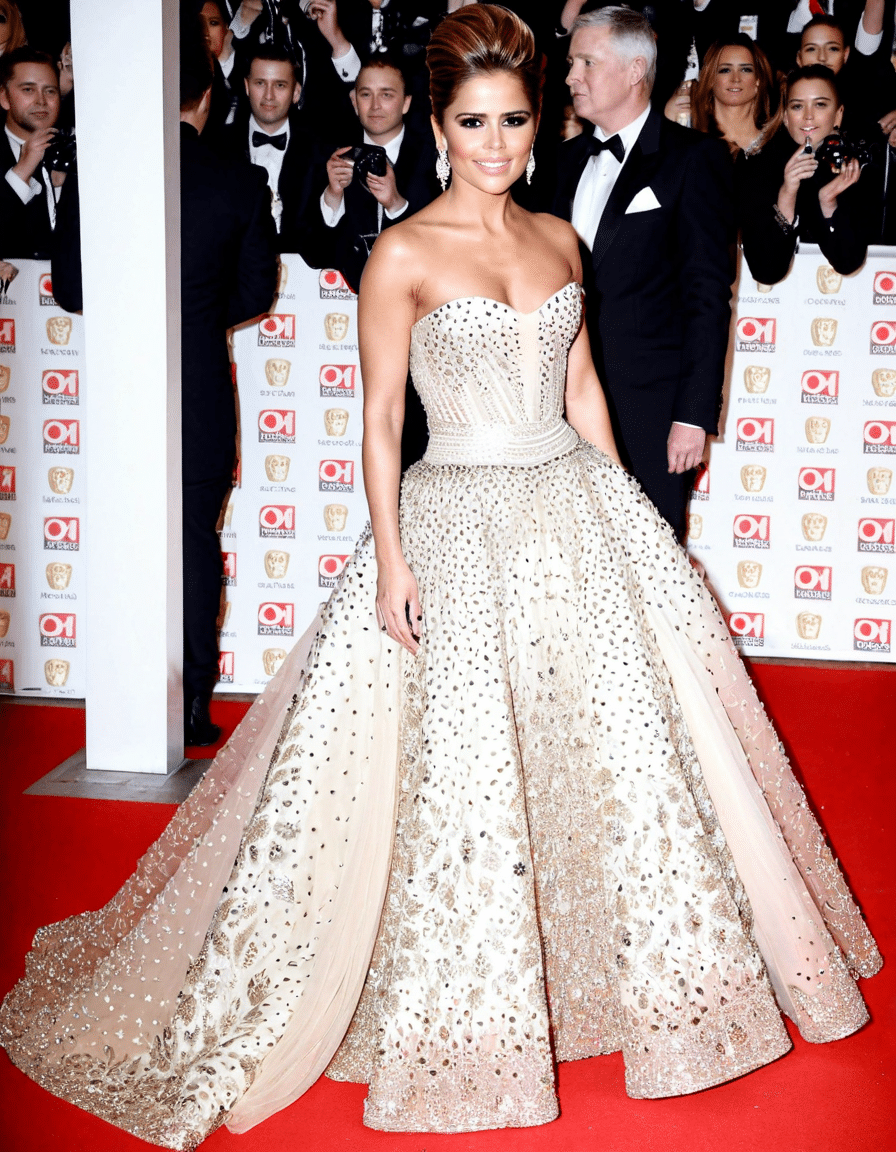When us modern folks hear the name Jezebel, it often brings about a flurry of emotions. This biblical figure is not just a character from ancient stories; she’s a hot topic that sparks debate on power, femininity, and rebellion as she continues to resonate with our contemporary lives. Known for her ambition, manipulation, and, let’s face it, a little bit of seduction, Jezebel has been both vilified and celebrated throughout history. Let’s dive in, shall we?
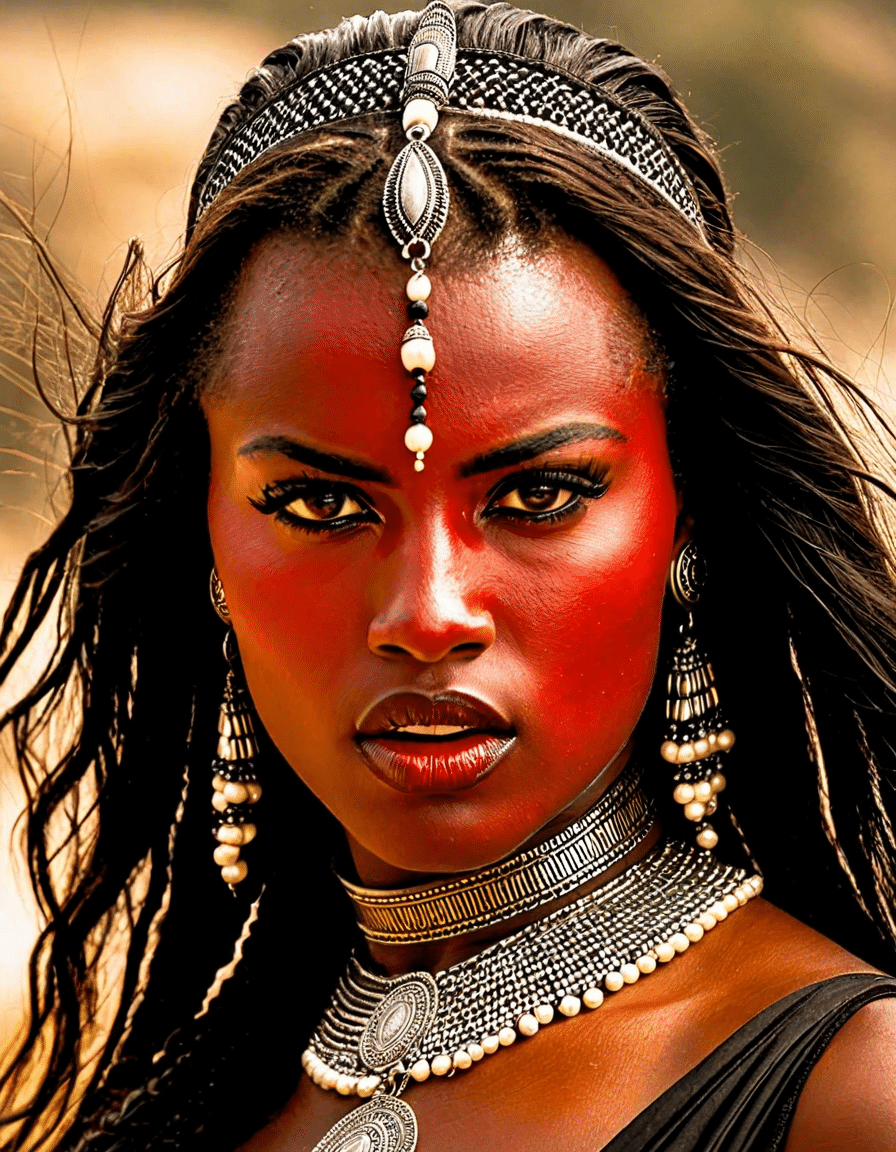
Understanding Jezebel: Historical and Cultural Significance
Historically, Jezebel was a Phoenician princess married to King Ahab of Israel. She is often painted as a wicked queen who seduced her husband into idol worship, leading the Israelites astray. But here’s the kicker—her legacy isn’t simply about bad decisions. Ladies and gents, her story embodies the challenges women face when they defy patriarchal norms. Jezebel has morphed over the centuries into a cultural icon representing rebellion against traditional gender roles.
Many cultures have reinterpreted Jezebel’s character to reflect their own societal values. In some, she’s a villain; in others, she represents strength and autonomy. Now that’s a versatile gal! It’s fascinating to see how her narrative adapts while shining a light on our views of femininity. For example, in a time when women were often seen as docile and submissive, Jezebel boldly wielded power and influence—qualities that make her a figure worth remembering. This contrasts sharply with how society views ambitious women today.
So why do we still talk about Jezebel? Her story highlights the deep-seated issues of female ambition and societal judgement. Jezebel’s tale keeps nudging us to reflect on our attitudes about women in power, allowing us to estimate how far we’ve come and how far we’ve still got to go. It’s not just her actions that intrigue us; it’s how we frame her legacy that makes her an enduring figure.

Exploring the Top 5 Modern Interpretations of Jezebel
Even though Jezebel lived ages ago, her spirit still resonates in various modern narratives. Here’s a peek at the top five contemporary interpretations that echo her archetype:
Analyzing the Impact of Jezebel’s Legacy in Today’s Society
Jezebel’s legacy extends far beyond her own narrative; it forms the backbone of modern discussions around power, femininity, and societal expectations. The trope of the “bad woman” sticks around, often appearing in movies, novels, and even social media. This perpetuation invites ongoing discussions about double standards in how we perceive ambition.
Why is it that aggressive ambition in men gets celebrated while women must tread carefully? Just look at how society’s grip on images of Jezebel influences our understanding of women striving for power. It leads us to wonder: does striving for success still come with an asterisk for women? The narrative surrounding Jezebel resonates clearly today, sparking conversations about the societal limitations placed on women who dare to break the mold.
This dichotomy presents a fascinating dialogue about representation. For every joyfully ambitious female character, there seems to be a corresponding warning label, reminding us to dissect the complexities of femininity—just like our girl Jezebel did centuries ago. There’s no denying her impact creates ripples that endure to this very day.
How Jezebel Influences Contemporary Media and Pop Culture
Can we take a moment to appreciate how Jezebel’s influence stretches across literature, film, and art? Creators tap into her powerful image to explore themes surrounding autonomy and societal constraints. From feminist reinterpretations in literature to dynamic portrayals in classic and modern films, the conversation around Jezebel serves as a launchpad for creativity.
Social media, too, has played a key role in shaping how we discuss Jezebel. Platforms allow for debates on female power, leading more people to reflect on their perceptions of strong women. Whether it’s a meme, a post, or even a TikTok video, Jezebel’s story finds a new audience striving to discuss female empowerment versus villainization.
It’s not all serious though; through humor, creativity, and discussion, society continues to peel back the layers of Jezebel’s legacy. Her persona challenges creators to tackle gender norms head-on, thereby crafting narratives that engage exciting conversations about what it means to be both powerful and female.
A Lasting Legacy: The Enduring Relevance of Jezebel
When we sift through the pages of historical accounts or modern literature, Jezebel’s essence continues to shine through, prompting us to grapple with the boundaries of femininity and power. As we unravel the various interpretations and debates surrounding her actions, we’re reminded that stories about strong women are more relevant than ever.
Characters that echo her spirit, like those in Bayonetta or the women in American Horror Story, encourage society to reevaluate how we navigate conversations around ambition. Jezebel serves as a reminder to not shy away from discussing these issues directly. As we explore her story, we’re not just examining her own journey; we delve into the larger narrative that questions how femininity is viewed.
Ultimately, Jezebel remains a complex and formidable figure whose legacy invites us to rethink our perspectives on women in leadership, power dynamics, and the often treacherous route of female empowerment in a world that still struggles to embrace it. So, let’s raise a glass—with some on The Rocks Cocktails in hand—to Jezebel, the controversial queen worth remembering!
Discovering Jezebel: The Controversial Queen Worth Remembering
The Legacy of Jezebel
Did you know that Jezebel, the biblical queen, has been a symbol of defiance and independence for centuries? She’s often portrayed as a seductive figure whose strength transcends time and tradition. Interestingly, her character has inspired various forms of art and media, echoing through works as diverse as the fantastical landscapes of Labrynth and even modern gaming gems like deltarune. This blend of dark allure and power makes her an enduring figure in storytelling.
Speaking of captivating performances, Jezebel’s legacy has intersected with notable actresses throughout film history. One captivating portrayal is from Bette Davis in the 1938 film “Jezebel,” which earned her an Academy Award nomination. Fans of Liv Tyler might appreciate that her performances often embody the same fierce spirit Jezebel is famed for, combining charm with a hint of rebellion, similar to the themes found in youthful tales like Sharkboy And Lavagirl.
Cultural Reflections
Jezebel’s story isn’t just about one woman’s ambition; it reflects societal attitudes towards women and power. This theme shows up in everything from literature to film. For instance, acts of female defiance against oppressive systems draw parallels to characters found in iconic animation, such as those from mythic studios like Ghibli. Furthermore, the way Jezebel has been reinterpreted over the years serves as a canvas for exploring wider gender issues, much like how mesmerizing characters like Robert Redford in his earlier days, robert redford young, represented charm that transcended time periods and norms.
In pop culture, Jezebel’s influence has also reached the realm of humor and nostalgia, showing up in creations that make us chuckle, like the clever animations found in Pizzaman or the unique interpretations found in sites dedicated to sketch art like Semidraws. These interpretations remind us that the essence of Jezebel, consistent yet fluid, is a queen worth remembering, as she continues to inspire a myriad of creative works across generations.
As we delve into the various facets of Jezebel, it’s clear that her story resonates across time, connecting past and present in complex and enlightening ways.

